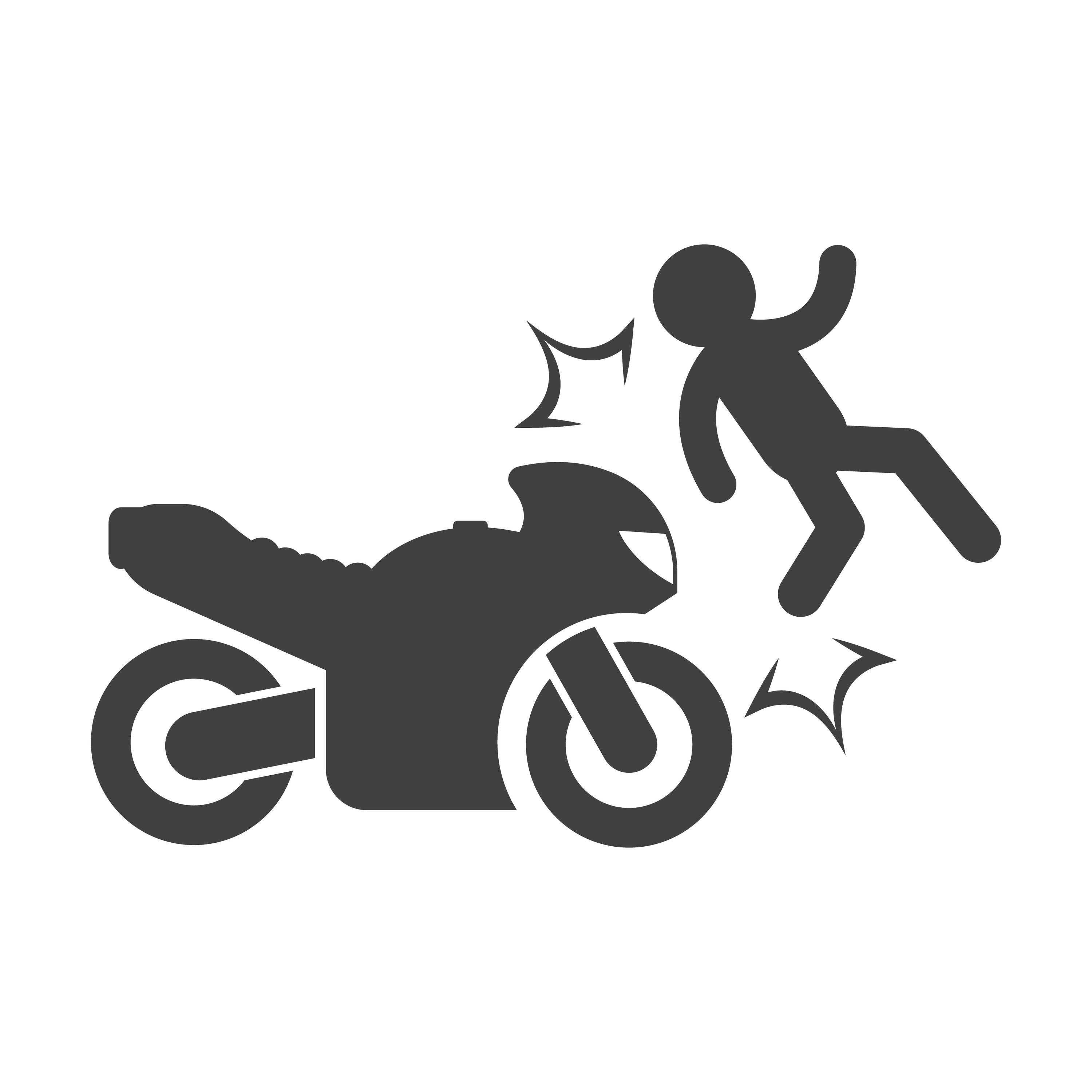Health Disease
Your body is the most priceless possession. After all, you have to dwell in it! So take care of it with a right Health Insurance Plan.
What are water related diseases?
Water related diseases have two main causes as mentioned below:
Pollution: Water related diseases causes are mainly due to pollution. For instance, dangerous levels of chemicals, heavy metals or nitrates in the water supply that are caused due to industrial pollution or excessive usage of agricultural chemicals. Dirt & Contamination - Bacteria, parasitic organisms and viruses invisibly contaminate the water and then cause diseases. Most of the times, this contamination is mainly because of water that comes into contact with animal as well as human waste. Almost around 100 billion microbes are present in one gram of feces.
Types of water related diseases
There are 4 main types of water related diseases:
- Waterborne diseases: These types of water related diseases are dysentery, typhoid, cholera, etc. that are a result of drinking water that contains infectious viruses as well as bacteria, that usually come along with human or animal waste.
- Water-washed diseases: These types of water-washed diseases cause skin and eye infections due to absence of clean water for washing.
- Water-based diseases: These types of water-based diseases usually spread due to organisms developing in water and then becoming human parasites. Example, schistosomiasis. These types of water-related diseases too spread due to water contamination and then by eating insufficiently cooked fish.
- Water-related insect vectors: These are the types of water related diseases that breed inside or near the water due to mosquitoes. Then they spread diseases such as malaria and dengue. However, these types of water related diseases aren’t really related directly to water supply or water quality.
Treatment
What are the prevention tips for Water related diseases?
Mentioned below are some of the important prevention tips for water-related diseases:
- Make sure that the water you use is clean visibly and free of any sand or silt. You can use water by filtering method for removing any visible dirt.
- It is recommended to drink only safe and clean water by using water purifiers for killing any harmful bacteria that are present. It is best to not drink water that is untreated.
- Ensure that the water in case is stored is clean and germ free for following use
- In case you store water for bathing purposes, you should add some Dettol Antiseptic liquid to the bathing water in order to kill any harmful bacteria.
- Wash your hands thoroughly with soap post using the toilet, before cooking food and prior to eating
- Make sure you wash the vegetables or meat very well before cooking to kill harmful bacteria as well as other harmful germs present
- Best way is to get a vaccination for water related diseases prevention.
What are the available water related diseases treatment options?
Water related diseases such as diarrhea, etc. can be treated in the below way:
- Give more and more liquids or fluids that includes oral rehydration salts solution to prevent dehydration
- Consult a health worker in case you find signs of dehydration or any other issues
Are there any natural or homemade remedies for water related diseases?
In case you face any severe water related diseases symptoms very often or persistently, you should ensure to visit a doctor without fail, but, few home remedies or natural remedies can also be tried when the symptoms are mild. For instrance, for cholera, you can consume lemon and ginger as this will kill the cholera-causing bacteria. Besides, onion as well as turmeric in your food daily since these two can help to keep cholera at bay and also offer relief from the symptoms.
If you are diagnosed with typhoid fever, you can try home remedies by increasing the fluid intake and using cold compresses to bringing the temperature down. You may also drink ORS solution that is made of salt and sugar that includes garlic in your diet, and drink basil and ginger concoction.
Do not forget that home remedies are only additional treatments and therefore cannot be relied upon, particularly when the symptoms seem severe. Proper medical attention should be taken in case of symptoms worsening.
When to see a doctor?
Water related diseases are many in number as well as varied right from diarrhoea and cholera to meningitis and polio. They can be life changing, incredibly severe as well as life-threatening for people who are infected. Therefore, it is necessary to take steps for water related diseases prevention. If you see symptoms that are related to water related diseases such as typhoid, cholera, meningitis, guinea-worm diseases, abdominal pain and cramps, gastroenteritis, then it is important that you visit your doctor immediately.
Are there any natural or homemade remedies for Middle East Respiratory Syndrome?
Mentioned below are some of the homemade remedies for Middle East Respiratory Syndrome:
- Vitamin C: Vitamin C is said to be the immune system booster as well as production of white blood cells for fighting off the Middle East Respiratory Syndrome.
- Zinc: Zinc has properties for fighting any infection as well as boosting the immune system.
- Vitamin A: Vitamin A is a very vital antioxidant as well as rich in immune-boosting compound. It also helps in reducing oxidative stress as well as neutralizing free radicals.
- Kudzu: Middle East Respiratory Syndrome usually affects the respiratory tracts. Kudzu being an anti-inflammatory agent is said to be helpful in giving relief to the respiratory tracts.
- Selenium: This is an element that is found in greater quantities in oysters, sunflower seeds, Brazil nuts, etc. This helps in protecting the immune system as well as in white blood cells production.
When to see a doctor?
If you face Middle East Respiratory Syndrome symptoms such as chills, body aches, sore throat, fever, cough, headache, vomiting, shortness of breath, diarrhea, nausea, organ failure, chest pain or pneumonia, it is best to see a doctor immediately.








 support@greyfont.com
support@greyfont.com Call Us on (022) 4891 3051
Call Us on (022) 4891 3051